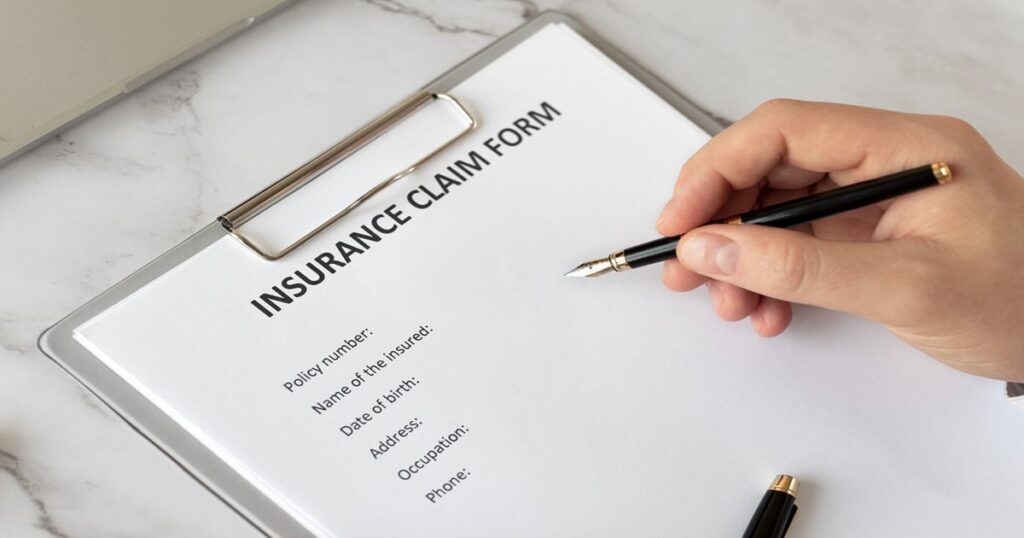How to File a Personal Injury Claim?
Getting injured in an accident is stressful enough—navigating the claim process shouldn’t add to that stress. If you’re wondering how to file an injury claim, this detailed guide will walk you through each step, required documents, timelines, and tips to help you handle the personal injury claim process with confidence.
What Is a Personal Injury Claim?
A personal injury claim is a legal process used to seek compensation for physical, emotional, or financial losses caused by someone else’s negligence. These claims typically arise from incidents like car accidents, slip and falls, workplace injuries, or medical malpractice.
If you’re injured and it wasn’t your fault, filing a claim can help cover:
- Medical expenses
- Lost income
- Pain and suffering
- Future treatment costs
Step-by-Step: Personal Injury Claim Process

1. Seek Immediate Medical Attention
Before thinking about forms or insurance companies, prioritize your health. Even if your injuries seem minor, some symptoms may appear later. Additionally, medical records serve as crucial evidence for your claim.
2. Document the Accident
Gather as much evidence as possible. This includes:
- Photos of the accident scene and injuries
- Witness statements
- Police or incident reports
- Any relevant bills or receipts
This step strengthens your case, especially when using an accident claim form later.
3. Notify the At-Fault Party’s Insurance Company
Let the other party’s insurer know about the incident. Give them basic information, but avoid detailed statements until you’ve consulted with a personal injury lawyer.
4. Fill Out the Accident Claim Form
Insurance providers usually require you to complete an accident claim form to begin processing. Be accurate, clear, and honest when filling it out. Double-check the following before submission:
- Date, time, and location of the accident
- Description of the incident
- Injuries sustained
- Medical treatment received
Keep a copy for your records.
5. Consult a Personal Injury Lawyer
Although it’s possible to handle claims on your own, complex or high-value claims benefit greatly from professional legal help. A lawyer can:
- Evaluate your case
- Guide you through the process
- Negotiate with insurers
- Represent you in court if necessary
6. File the Personal Injury Claim
Your lawyer (or you, if self-representing) will file the injury claim with the appropriate court or directly with the insurer. This sets the official process in motion.
How Long Does the Personal Injury Claim Process Take?
The timeline can vary depending on the complexity of your case and the willingness of the insurer to settle. Typical durations are:
- Simple claims: 1–3 months
- Moderate claims: 4–6 months
- Severe or disputed claims: 1+ year
Delays may occur if medical treatment is ongoing or if fault is contested.
Required Documents for Filing an Injury Claim
Here’s a checklist of documents often needed during the claim process:
- Medical reports and bills
- Photos of injuries and damages
- Police or accident reports
- Wage loss documentation
- Insurance information (yours and the at-fault party’s)
- Completed accident claim form
Having these organized can speed up your claim and strengthen your position during negotiations.
Tips to Strengthen Your Injury Claim
To improve your chances of a successful outcome, follow these proven tips:
- Don’t delay medical treatment. Gaps in care can hurt your credibility.
- Avoid giving recorded statements to insurers without legal advice.
- Track all related expenses, including transportation, therapy, and medication.
- Stay off social media. Posts can be used against you.
- Be honest about your injuries and limitations.
Conclusion
Understanding how to file a personal injury claim gives you the power to act decisively after an accident. By following the personal injury claim process carefully—starting with medical care, collecting evidence, completing your accident claim form, and consulting legal help—you maximize your chances of receiving the compensation you deserve.
If your situation is complex or the insurance company isn’t cooperating, don’t hesitate to get legal support. A well-prepared claim is your best defense after an unexpected injury.






